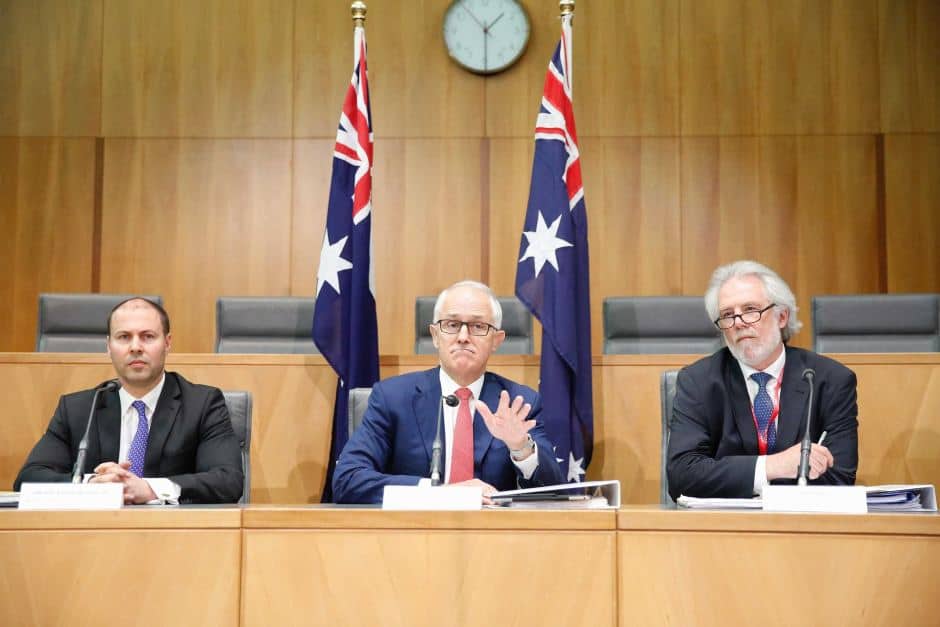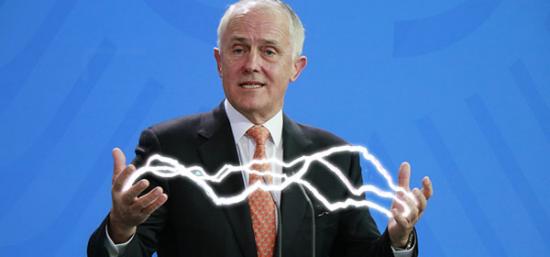The NEG (National Energy Guarantee) has been passed by the Coalition party room after a strenuous morning of debate – let’s take a look at what happens next.
Next Steps For National Energy Guarantee

We wrote earlier this week about the NEG approval and how Prime Minister Malcolm Turnbull has a very hard road ahead if he’s to push this policy through parliament:
“The Labor Party has to decide whether they want to support cheaper and more reliability electricity,” Mr Turnbull said.
“We have got to bring an end to the years of ideology and idiocy which have been a curse on energy policy for too long and that is why industry – whether you’re talking about big industrial consumers or small business, consumer groups – are calling on government, governments, and oppositions to get behind this policy.”
The four issues which we discussed earlier this week are still in a state of flux:
- The emission reduction targets can only ever increase and must not decrease.
- Targets need to be set in regulation (Energy Minister Josh Frydenberg has already rejected it).
- Emission reduction targets must be set every three years, three years in advance.
- Creation of a registry which is transparent and accessible by regulators and governments.
The opposition (federal Labor) are also in favour of the NEG but they want the 2030 emissions reduction target increased from 26% to 45%:
“We are still very keen on trying to find a bipartisan way through the deep energy crisis that has emerged under this Prime Minister,” shadow energy and climate change minister Mark Butler said.
“We will continue to fight for a much more ambitious investment setting for this sector so you do see new renewable energy jobs and investment and you do see downward pressure on power prices.”
According to former PM Tony Abbot, the NEG still needs a lot of work as most of its support is currently ‘conditional’ and at least a dozen members of the Coalition had expressed concern about the NEG. Abbot said that the provided explanations of how the NEG “might theoretically get prices down” sounded “like merchant bankers’ gobbledegook”:
‘We’ve got to be loyal to our electorates and to party members too and not show the unity of lemmings.’,” Mr Abbott continued.
The Australian Financial Review has the numbers at 26 MPs supporting the policy and around 10 yet to be convinced.
For the next steps, the state ministers will be asked to support a month long public consultation on laws which will affect their constituents. The state legislation should then be finalised by the end of October and we’ll see what sort of shape (if any) the NEG is at that point. Federal legislation tied to the NEG will be introduced within the next 10 days.



